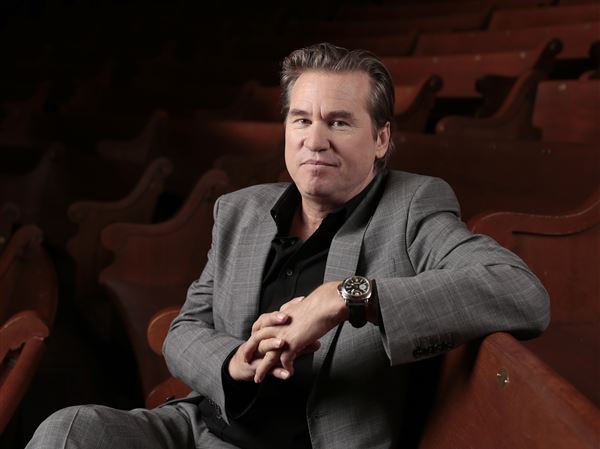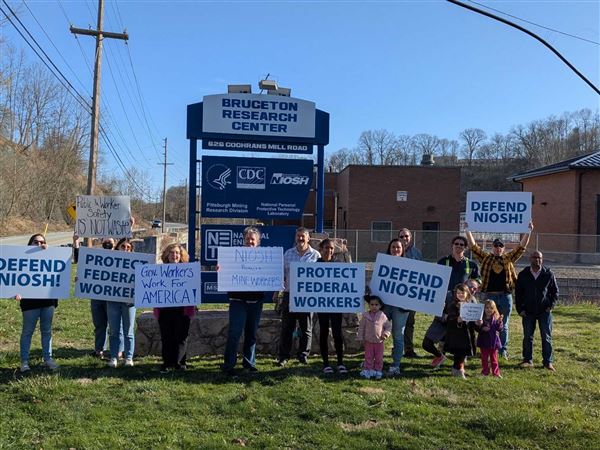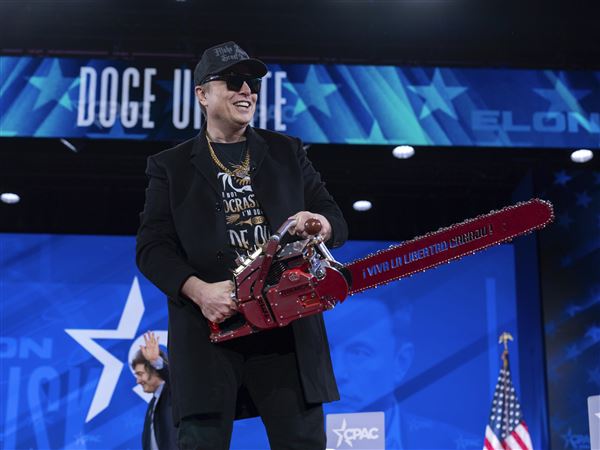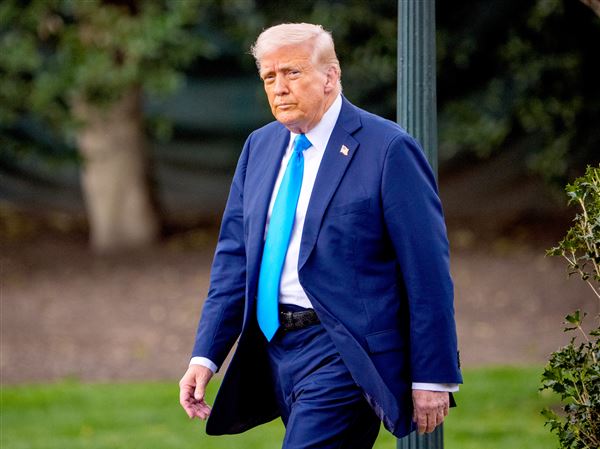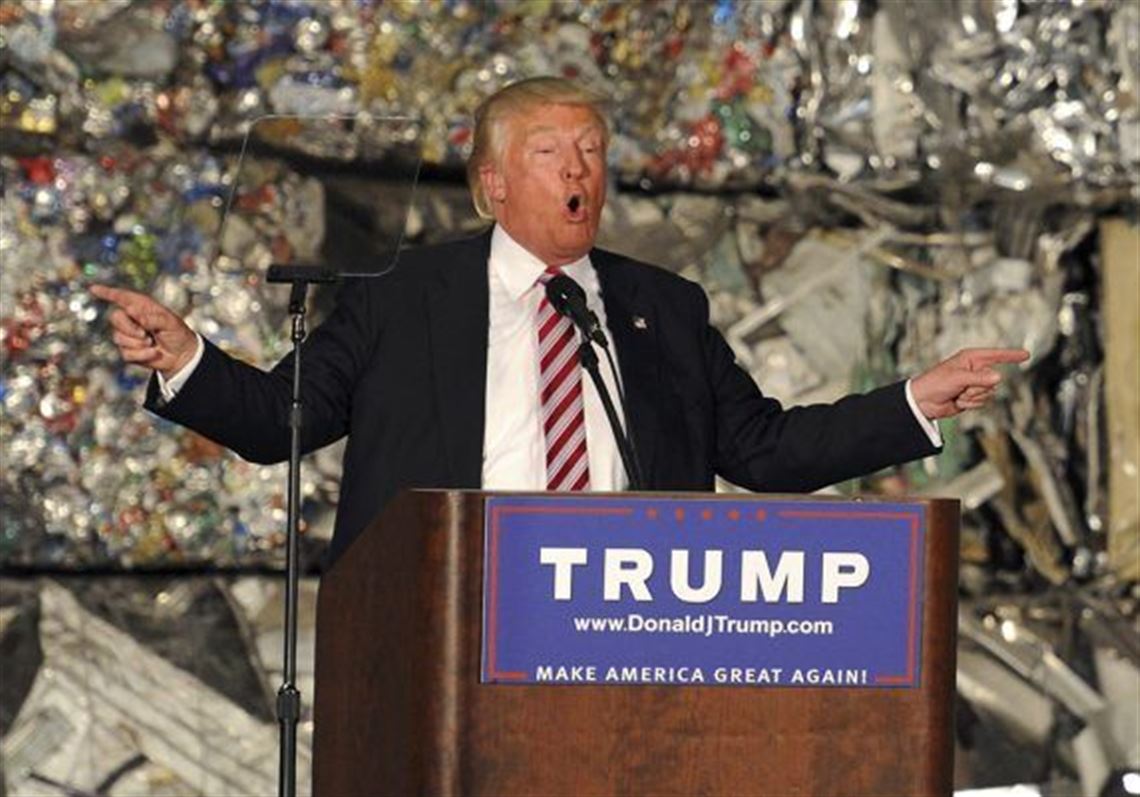A year ago this week, Lou Mavrakis beamed as Donald Trump campaigned in economically ravaged Monessen, Pa., promising to bring back steel jobs and punish China for unfair trade practices.
Mr. Mavrakis, the mayor of Monessen and a former steelworkers’ union official, had invited Mr. Trump, the first presidential candidate since John F. Kennedy in 1960 to campaign in this once-flourishing Western Pennsylvania town. By showing up in Monessen, Mr. Trump attracted national media attention as a symbol of Republican hopes to appeal to struggling, working-class, white Democrats.
Mr. Trump carried surrounding Westmoreland County, once a Democratic stronghold, by almost 2 to 1 and came close in Monessen, which in local races often doesn’t even have a Republican on the ballot. Mr. Mavrakis, a Democrat, didn’t endorse him, but left no doubt that he thought the Republican insurgent was sympathetic to a community that has lost thousands of jobs and is beset by drug addiction, a poor school system and a dwindling tax base.
A year later, the picture looks different. The mayor was upset in a primary last month by Matt Shorraw, a 26-year-old assistant director of the local high-school band.
“Trump definitely was a factor,” says Bill Manus, a retired commercial painter and Shorraw booster.
The colorful Mr. Mavrakis, whose every sentence includes at least one profanity, acknowledges the Trump drag, though he thinks it’s unfair. He rejected a supposed overture of support from the Trump camp before the primary and showed a reporter a November voting list indicating that he hadn’t voted for Mr. Trump or Hillary Clinton, instead writing in his own name as “the best qualified guy.”
He seems to have given up hope that Mr. Trump is different from the rest of the national political establishment. “They don’t give a damn about communities that built America,” he complained. “The 10 percent of elites that run the country don’t care about people like us.”
Mr. Trump would still carry Westmoreland County if an election were held tomorrow. But the enthusiasm has waned. You could see it in the difference between the mood last week at a lunch gathering at Felicia’s restaurant in Monessen and a similar session there last year. The group remained evenly divided, but the pro-Trump crowd was more defensive.
“You got to give the guy a chance,” said Kevin Iacovangelo, a computer-repair specialist, agreeing with Mr. Mavrakis that “nobody gets anything done in 150 days.”
John Golomb, a retired steelworker, was on the fence.
“I was proud to vote for Trump but have more mixed feelings now,” Mr. Golomb said. “He came to Monessen and said he was going to bring back steel jobs, but he’s doing nothing.” Others noted that the president reneged on his promise here that he would declare China a currency manipulator.
The intensity is with the critics. “He’s got a Republican Senate and a Republican House, and he still can’t accomplish anything,” said Elmer Gagatko, a retired teacher.
Al Gaudio, an attorney, chimed in, “Countries no longer want to be in a foxhole with the United States.”
With a few exceptions, the Justice Department investigation of possible links between the Trump camp and Russia doesn’t bother these voters much. They’re mostly content to let the special counsel do his job and want Mr. Trump to focus on the economy.
On that topic, the potentially devastating local effect of Mr. Trump’s budget proposals and Republican health care initiatives isn’t resonating with the voters who gathered at Felicia’s.
The administration’s budget would eliminate programs such as community-development and community-services block grants aimed at economically stressed communities. It would slash a housing assistance program that’s enabled Monessen’s Eisenberg Building, a shuttered department store, to be rehabilitated for low-income home rentals.
Republicans are proposing massive cuts in Medicaid. In Westmoreland County, there are more than 68,000 enrollees in that health-insurance program for the poor, disabled and elderly, one-fourth of whom gained coverage after President Barack Obama’s Affordable Care Act expanded it. Republicans want to phase out the expansion.
Sharp cuts also would be in the offing for drug-abuse prevention programs. Last year, Monessen got $125,000 from the federal Substance Abuse and Mental Health Services Administration.
Sheriff John Mandarino, who has a picture of himself with Mr. Trump hanging in his office, said there were 11 deaths last year from opioid overdoses in this town of 7,700. He asked, “We spend so much money incarcerating drug addicts, why don’t we spend more money rehabilitating them?”
Sen. Bob Casey, a Democrat whose father had a special relationship with Monessen when he was governor in the 1980s and 1990s, said most voters “don’t have an awareness yet” of what the Trump cuts would mean. If they materialize, he predicted, “They will realize these cuts are obscene for places like Monessen.”
Mr. Shorraw, the probable mayor-to-be (there is no Republican on the Nov. 7 ballot) says federal programs are critical to any revitalization of Monessen. Mr. Mavrakis, still stung by his defeat and planning to campaign for write-in votes, disagrees — he says government programs haven’t done much for the town.
That’s a debate he wants to have. Here’s one he wishes to avoid: The one-time poster boy for Donald J. Trump has no intention of mentioning the president.
Albert R. Hunt is a columnist for Bloomberg View (ahunt1@bloomberg.net).
First Published: June 29, 2017, 4:00 a.m.
